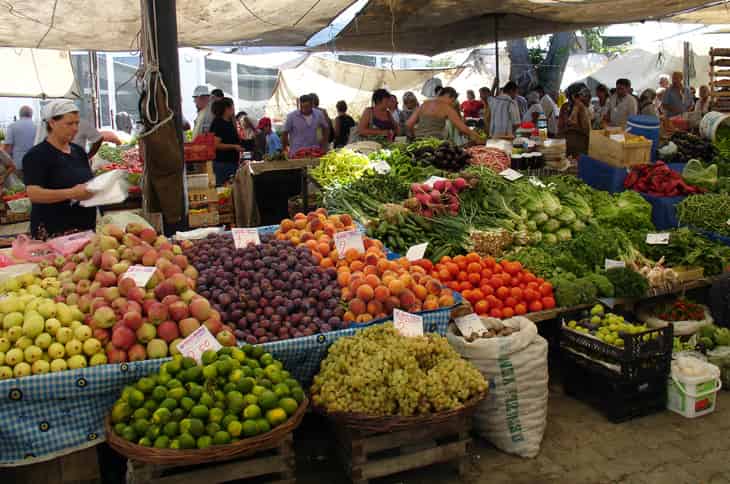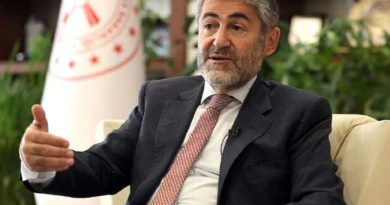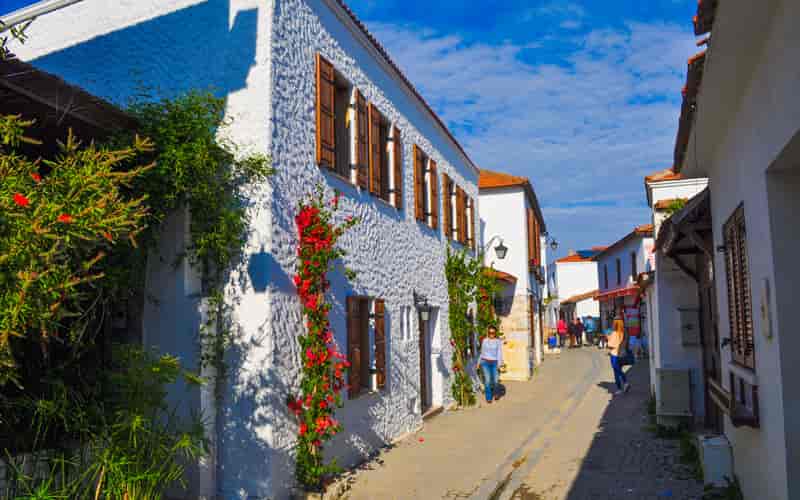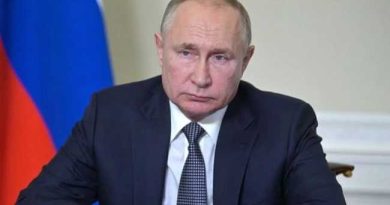What do inflation figures in October tell us about the future of Turkey’s economy?

It is no secret Turkey has had to cope with major difficulties recently to include the heavy blow from President TRUMP of the USA who displayed a very hostile attitude towards Turkey to consolidate his electorate in US. Following a nightmare like period during which the Turkish lira went rock bottom against the US dollar, Turkey’s administration was finally able to gain control (seems to have done so at least) and put an end to the decline of Turkey’s currency against dollar.
Many opinion leaders comment this only happened after the Minister of Treasury and Finance was able to persuade Turkey’s president (father-in-law to the minister) to refrain from voicing his strong negative opinion on “interest-inflation” relationship on every occasion, so as to avoid creating further negative impact on global financial markets and sources against the benefits of Turkey.
In short, the global sources wanted to see who was in charge of the economy and what direction the administration would choose to follow. Therefore when the minister was able to show the markets he was entitled to sit behind the stirring wheel, this was one of the major factors that helped the government gain control again.
On the other hand, some might think that the campaign started by the government to control and drop inflation via discount campaigns to be carried out by several (if not enough) companies and establishments were also of great help in this regard. But many experts do not believe that was the case as the inflation – despite these attempts – has not fallen and to the contrary the figures announced by TUIK (Statistical Institute) for October 2018 say it keeps climbing.
In fact, the CPI (Consumer Price Index) increased by 2.67 percent in October, while the D-PPI (Domestic Producer Price Index) increased by 0.91 percent. Annual inflation rose to 25.24 percent in consumer prices and 45.01 percent in domestic producer prices.
Therefore economists with an unbiased approach (not the absolute pro-government ones) comment the economy will not reach a healthy platform via shallow measures such as non-voluntary discounts provided by producers and/or price and stock control inspections using law enforcement etc. on the market. On the contrary since the country is supposed to have chosen “liberal economy” a long time ago and the AK Party government has always voiced they will abide by said model, it is only normal that any sort of control either directly from the President in power (ultimate, almost) or via law-enforcement such as imposing price discount practices on private sector and/or interest rate tariffs etc. on financial institutions and to be even worse even worse giving directives to official institutions such as Central Bank of Turkey or Turkish Statistical Institute will result in an unfavorable manner for the economy of the country.
Thus when we know “what not to do”, it becomes much easier to determine which path to go. Therefore, the only way to reach the light at the end of the tunnel is to show the world that Turkey is a country governed based on internationally acceptable principles of law – without individual interference from anybody, regardless of who – and in compliance with the global principles of economy (liberal in this case). When this trust is built in the political and economic environments, the systems of the country will start functioning in a healthy manner again and there will be no need to impose additional/undesired measures to control basic elements of economy such as prices, currency and interest rates and inflation etc.
The second but not less important point to get the economy on the right track again is to “PRODUCE” as of first and UTMOST priority, rather than erect concrete buildings, roads, airports etc. It goes without saying infrastructure is of vital importance for a developing country. But the question is, “How would it be possible to invest in this area without the money?” The revenue has to come in to finance it all, not to forget BOT models etc. Still the country needs to produce and sell and as the basic rule of economics (Keynes) says it needs to produce more than it consumes.
To recap therefore, until the administration of Turkey succeeds to establish the image that the country is run based on the principle of law and requirements of liberal economy, the markets may still have to experience certain fluctuations, longing for the day when a stable investment environment would prevail in the country to attract more (and major) foreign direct investments to Turkey.
That would be the day 🙂





